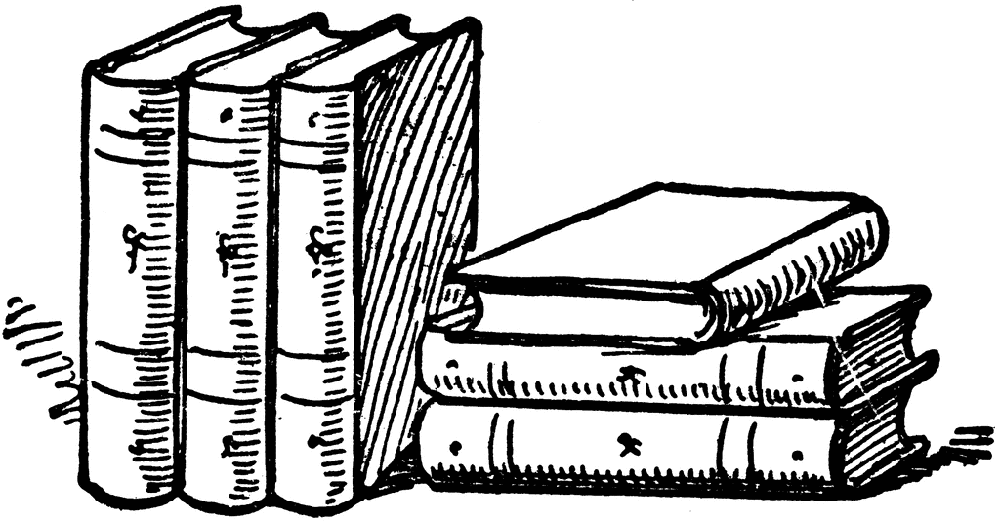
It’s been a somewhat quiet summer on Grounds as we await students’ return for the fall semester. Renovations on the main library continue, with the building’s grand opening scheduled for April 2024. And we recently bid adieu to the four panels of the Berlin Wall that have been stationed near the Albert and Shirley Small Special Collections Library since 2014.
Far from Grounds, though, several UVA librarians have appeared in local and national news stories about pressing issues in literary world: book censorship in Virginia school and public libraries, authors concerned about AI technology, and trauma-informed archival practices.
Book bans
For Virginia Libraries, a publication of the Virginia Library Association, Keith Weimer wrote about race and sexuality in the history of book censorship in Virginia. Nearly 32% of Virginia school districts faced challenges to library books from 2020-22, according to the Richmond Times–Dispatch. A national survey run by PEN America concluded that during the 2021–22 school year “41% of [withdrawn] titles have protagonists or prominent secondary characters of color, followed by 33% explicitly addressing LGBTQ+ themes.”
“The events of 2021–2022 thus represent a new and troubling phase in the long history of struggles for control of reading material in Virginia and in the United States,” wrote Weimer, Librarian for History and Religious Studies. “However, race and sexuality have been recurring themes in book censorship throughout Virginia history, especially in periods of backlash to social change.”
Read Weimer’s article to understand the full history of book bans in Virginia, and check out his most recent list of book recommendations for the Library blog.
Authors fight artificial intelligence
In July, Publishers Weekly explored two recent class action lawsuits filed on behalf of five authors (including comedian Sarah Silverman) against the creators of generative AI technology ChatGPT and LLaMA. The suits state that these creators “infringed the authors’ copyrights by using unauthorized copies of their books to train their AI models, including copies allegedly scraped from notorious pirate sites.”
Brandon Butler, the Library’s Director of Information Policy, spoke to Publishers Weekly for the article, which is one of the site’s most popular this summer. Recently, more than 10,000 writers signed an open letter to generative AI leaders asking them to “obtain consent, credit, and fairly compensate writers for the use of copyrighted materials in training AI.” Butler, a copyright lawyer, argued that a permissions-based licensing agreement would not prevent AI from causing devastation to parts of the creative economy. “Whatever pennies that would flow to somebody from this kind of a license is not going to come close to making up for the disruption that could happen here,” he said; instead, the problem will likely require a broader policy approach.
Read Butler’s thoughts on recent Supreme Court Rulings on copyright and what they mean for libraries here.
The evolving work of archivists
Next summer, UVA Library will host the Archives Leadership Institute (ALI), a summer program that provides advanced training and experiential learning for mid-career archivists and memory workers. Brenda Gunn, Associate University Librarian for Special Collections and Preservation, spoke to the Federal News Network last month about the institute and the increasingly complex work of her profession for a story titled “Archiving things is not the sleepy job you might think it is.”
Gunn discussed the Institute’s plans to use UVA’s “built environment” – the Rotunda, the Academical Village, etc. – to explore difficult subjects, including the University’s history of enslavement and the 2017 “Unite the Right” white supremacist rally in Charlottesville. As an archivist, Gunn said, “it doesn’t matter if you’re at an institute of higher education or a museum or a corporation: you probably have some history to deal with.”
Work like this requires “trauma-informed archival practice,” Gunn said; in basic terms, this means making archival organizations aware of trauma and its effects. “When we think about trauma-informed practice, we’re thinking about researchers who come into the reading room and their responses to some difficult subject matter in the materials they’re there looking at. But we’re also thinking about our memory workers, our archivists, and our exhibition curators who may be dealing with the same difficult information as they process a collection or they’re preparing an exhibition.”
Read more about the Archives Leadership Institute, which UVA Library will host in the summers of 2024-26.
